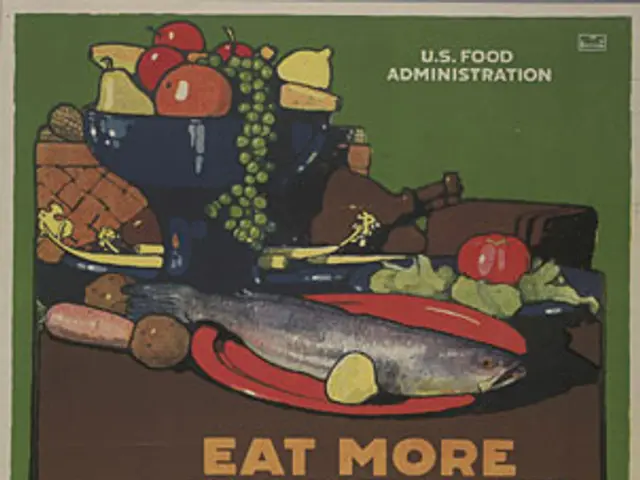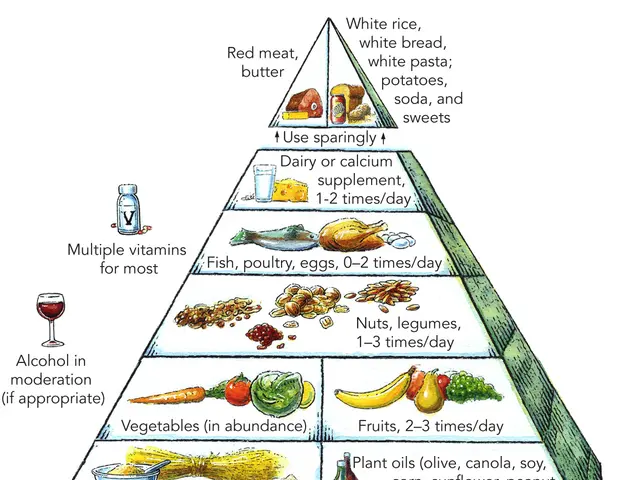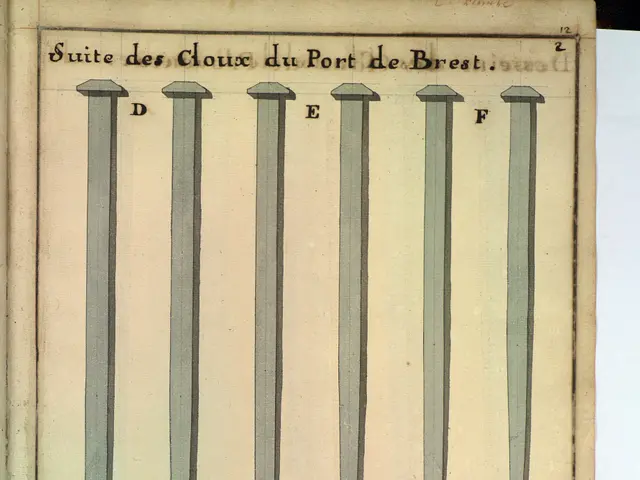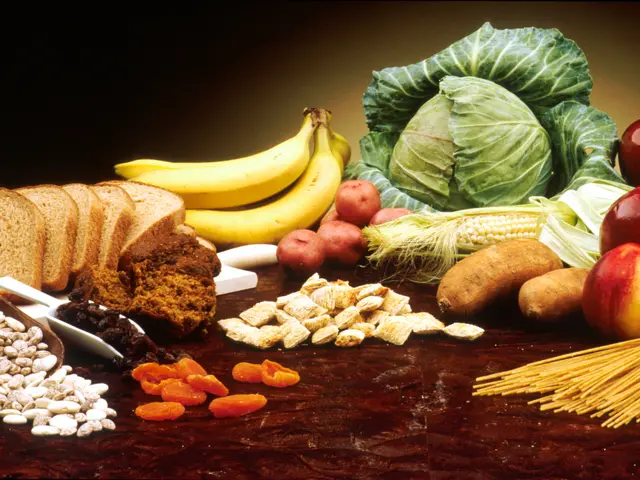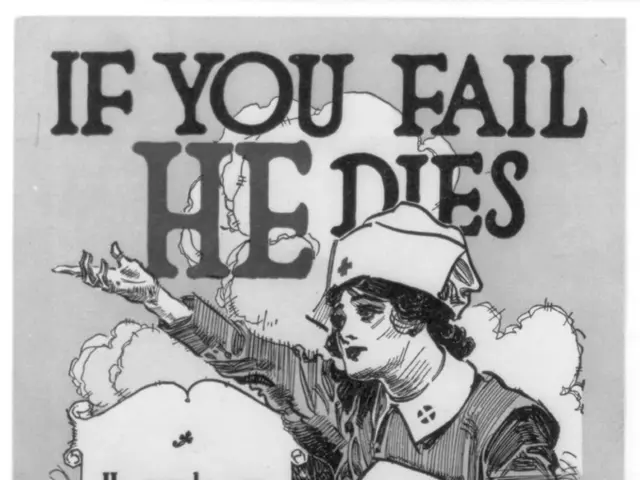Why nutritional literacy could transform how we understand food and health
Scientists are refining their understanding of 'nutritional literacy' and 'food literacy', two crucial concepts in public health. Organizations strive to make health information more accessible and comprehensible, sparking debate on these terms.
Some researchers use 'nutritional literacy' and 'food literacy' interchangeably, while others draw a clear distinction. A group of researchers has emerged, defining these terms precisely and separating them.
Nutritional literacy, according to them, encompasses more than just knowing food's origin and health impact. It includes acting on nutritional information, making informed dietary choices, and applying that knowledge to one's life. This goes beyond mere understanding; it's about implementation.
Meanwhile, health literacy is a broader concept. It involves finding, understanding, and using health information from various sources. Organizations worldwide aim to improve health literacy, making health information easier to access and comprehend.
Researchers are clarifying the definitions of nutritional literacy and food literacy, with some drawing a clear line between the two. Organizations are working to enhance health literacy, making health information more accessible and understandable. These efforts could significantly improve public health outcomes.

